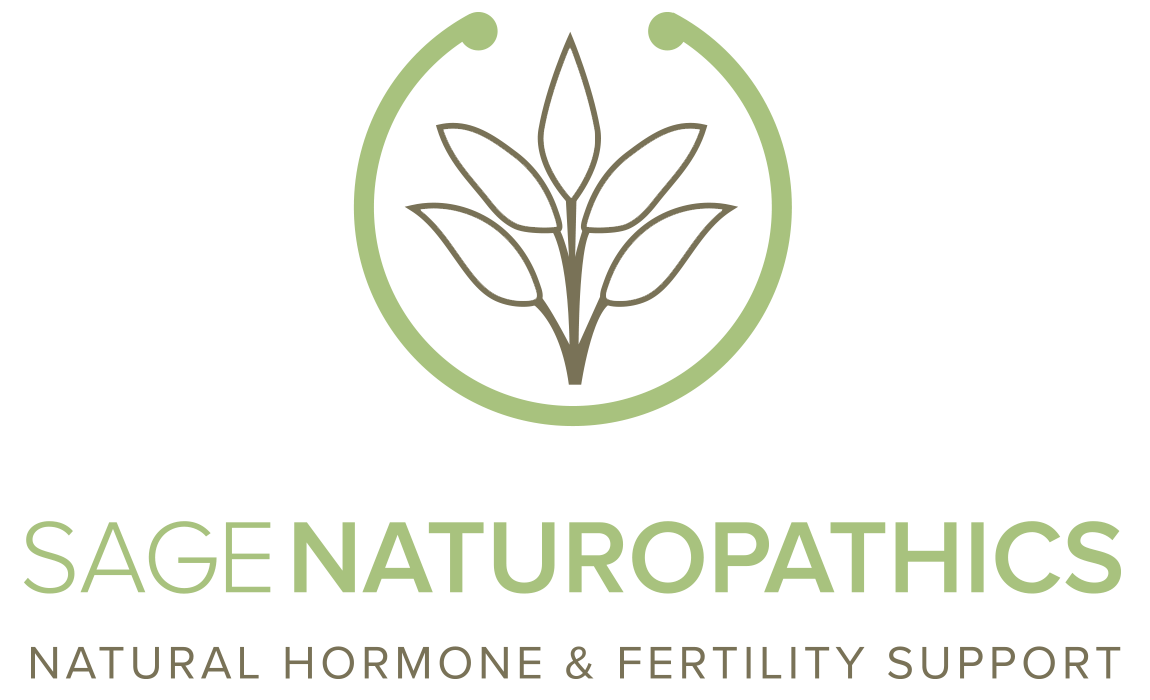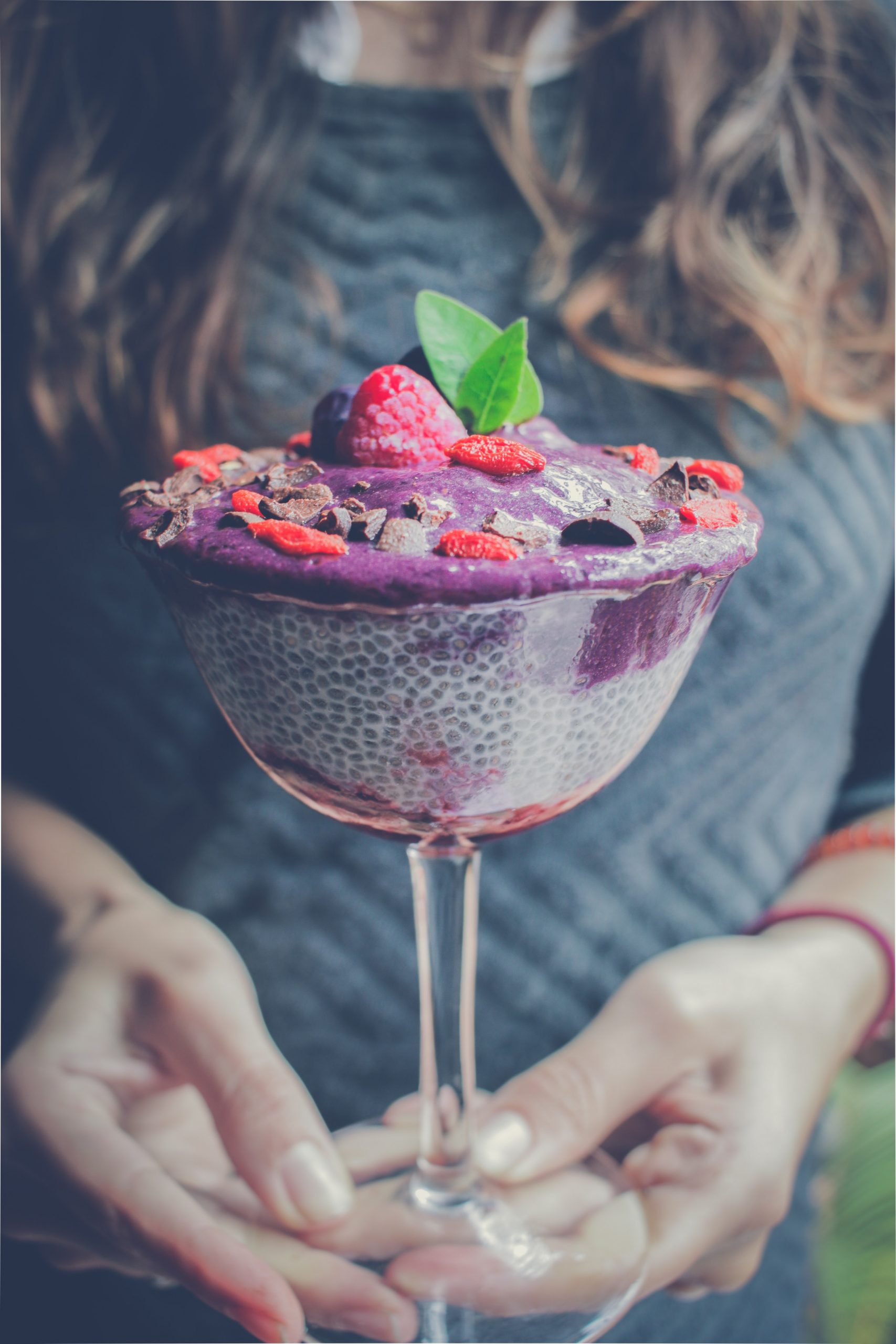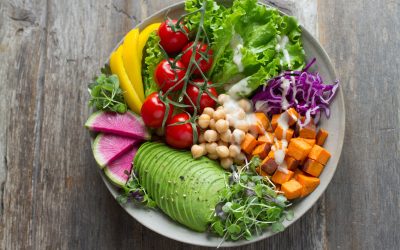When trying to fall pregnant, and you’re scouring the internet for information, it can be hard to decipher between what information is based on science and what is just a fad. And in your searches, you may have heard of having acai berry for fertility.
Is acai for fertility based on science, or just a gimmick?
Acai berry are a small, dark round berry, traditionally found in Central & South American Amazon region. It’s a very perishable fruit, so is usually frozen or dried for shelf-life. It’s touted as a “superfood” due to its high antioxidant levels and has been thought to improve fertility. Let’s explore why.
Egg & sperm quality can be impacted from oxidative stress damaging DNA.
Oxidative stress can also negatively impact fertility through contributing to worsening of endometriosis, PCOS, embryo quality, implantation, and other fertility-impacting factors.
And oxidative damage can occur with poor lifestyle choices, such as alcohol, smoking, inappropriate diet, environmental toxins, heavy metals, and more.
Modern lifestyle exposes us to so many pollutants, so we need to increase antioxidants to keep the balance and try to prevent oxidative damage. And research has shown more positive pregnancy outcomes with a balance in antioxidants to counteract oxidative stress. Acai berry is very high in antioxidants, specifically polyphenols, which help neutralise free radicals, and protect the egg and sperm.
Egg quality is impacted both by lifestyle choices, and natural aging of the ovary, increasing the need for antioxidants for optimal fertility. Acai berry it shows particular promise in age-related infertility. A recent animal study comparing younger eggs to older eggs plus older eggs treated with acai, showed a significant increase in blastocyst embryo development and quality, and embryo implantation potential in those taking acai. There have been further claims of it’s benefits, with a small ongoing study on women who’d previously done IVF. After 8 weeks of taking acai, the following IVF cycle are reported to have improved IVF outcomes and pregnancy rate.
Creating quality sperm requires a healthy environment too.
Research looked promising for using acai berry in male fertility too, particularly at reducing DNA damage to the sperm through the high antioxidant intake of acai.
Overall, the research on acai for fertility isn’t abundant, but looks very promising as an antioxidant addition.
Despite acai showing possible benefits in supporting fertility, it comes with a big BUT.
There is no point in putting additional effort into superfoods if you haven’t sorted the foundations of a quality diet. Focus on whole foods as they come from nature. Vegetables, fruit, nuts & seeds, legumes, quality wholegrains, quality oils, meat and fish first, then worry about a superfood, such as acai to complement the whole picture. Acai needs to be a small component of a balanced whole food diet.
One last note for if you’re choosing to include acai berry in your diet, make sure to be super mindful of not over-doing the sugar content, as excess sugar leading to sugar imbalances can be detrimental to fertility. Unfortunately, often acai bowls or smoothies can be sugar overload if it’s a large serve of fruit & sweeteners added. Instead, add acai powder or frozen berry to yoghurt, chia puddings or porridge as a more balanced alternative.
If you’re feeling overwhelmed with information, unsure what is most important and will make the most difference to helping you conceive, then The Fertility Boost online course is for you.
Get science-backed relevant information on what things really matter, with practical resources to help you conceive, and connect with other couples struggling with fertility, in a community that really understands.
In health and happiness,
Principal Naturopath
Sage Naturopathics (Burleigh Heads, Gold Coast)
References:
Sharifi-Rad et al (2020) Lifestyle, Oxidative Stress, and Antioxidants: Back and Forth in the Pathophysiology of Chronic Disease https://www.frontiersin.org/articles/10.3389/fphys.2020.00694/full
AlNasser & Mellor (2022) Neuroprotective Activities of Acai Berries: A Review http://herbmedpharmacol.com/Article/jhp-40183
Lane et al (2021) Restoring Ovarian Antioxidant Balance to Combat Female Reproductive Aging https://www.fertstert.org/article/S0015-0282(21)00716-0/fulltext
Pini et al (2020) Mitigating the Effects of Oxidative Sperm DNA Damage https://www.ncbi.nlm.nih.gov/pmc/articles/PMC7402125/
Sekhon et al (2010) Female Infertility and Antioxidants. https://www.ingentaconnect.com/content/ben/cwhr/2010/00000006/00000002/art00004
High Doses of Acai Berry Can Improve IVF Outcomes




